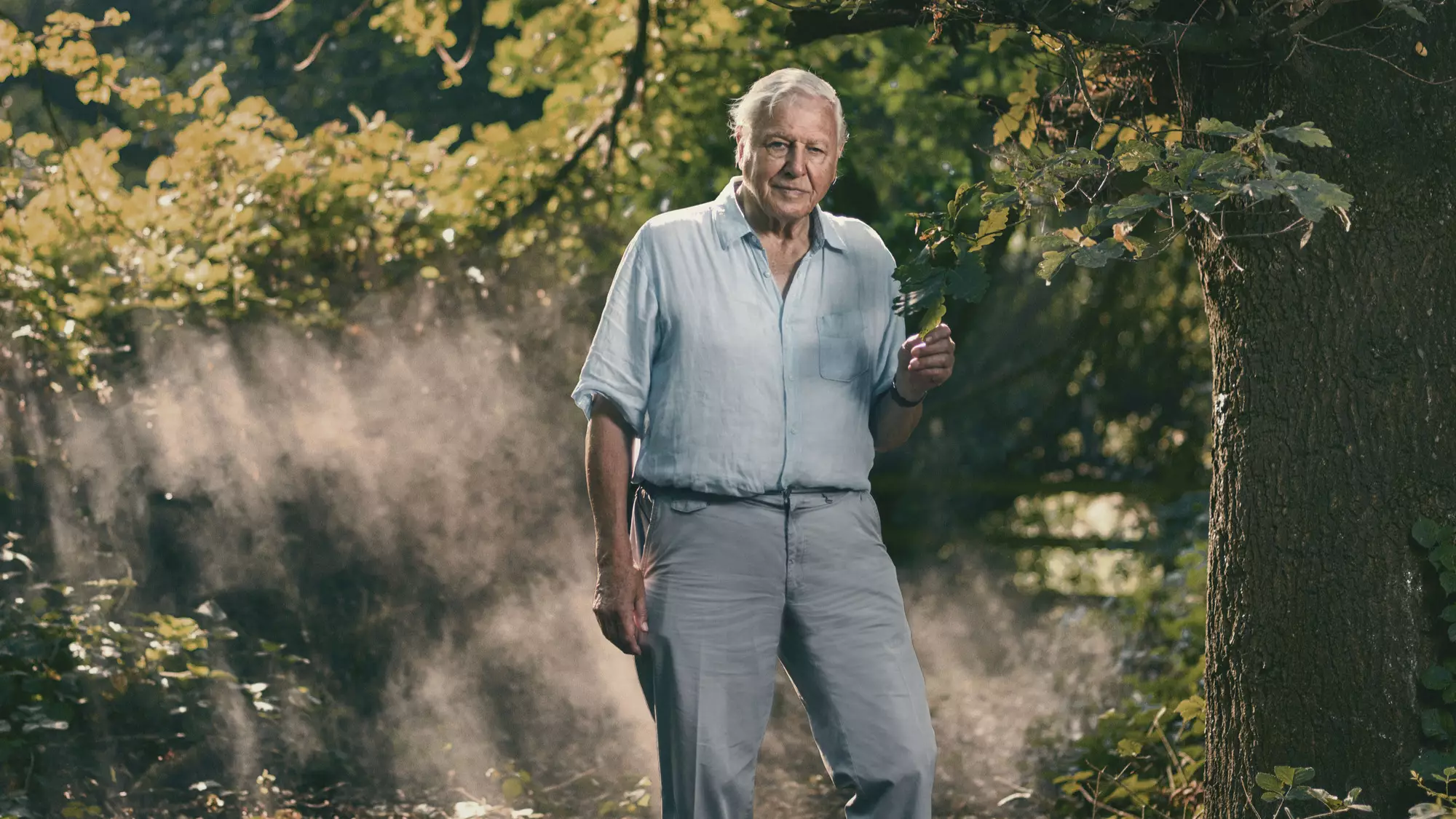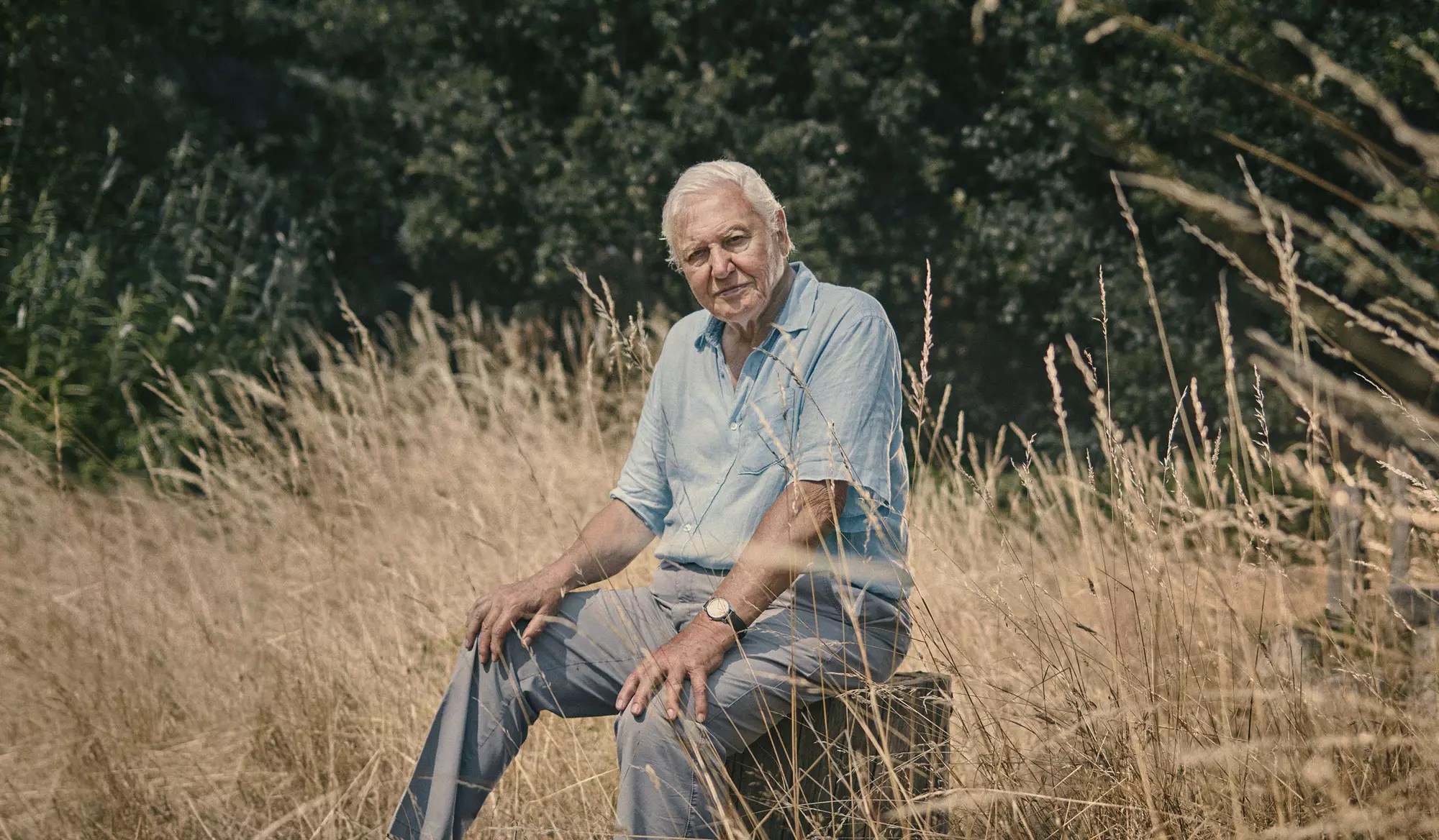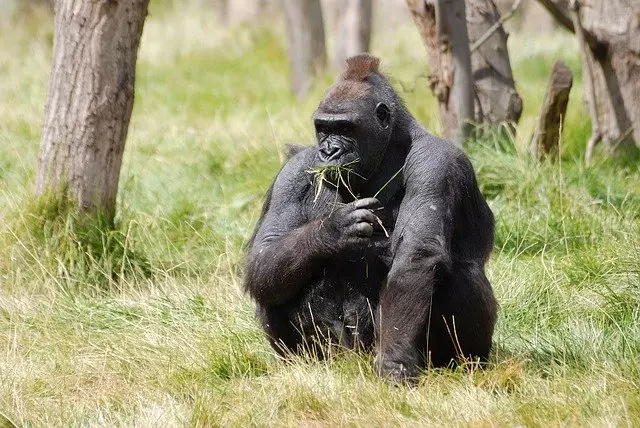
Everyone's favourite nature documentary host, Sir David Attenborough, is back this Sunday, with a show on the extinction of some of our planet's most treasured creatures.
Extinction: The Facts will air at 8pm on Sunday 13th September on BBC One and is billed as an exploration of the destruction of nature.
Take a look at the show's trailer here:
"Our planet is home to millions of species," Sir David reveals in the short clip, "but they're vanishing at unprecedented rates."
Advert
"We are at a turning point. What happens next is up to every one of us."
The hour-long documentary will look at the devastating effects of climate change and habitat loss on mammals, plants and fish.
A synopsis for the show reads: "With a million species at risk of extinction, David Attenborough explores how this crisis of biodiversity has consequences for us all, including putting us at greater risk of pandemic diseases."

Following a report last year that found out around one million animal and plant species are now threatened with extinction, the show will investigate what biodiversity loss and extinction mean for us as a species, as well as for the planet.
Advert
The show follows last year's Climate Change: The Facts programme, also by the BBC, and will explore how human activity is driving the extinction of precious creatures as well as why we haven't acted sooner to stop it.
It will also look at what governments, industries and we as individuals can now do to change our course.
Sir David says: "Over the course of my life I've encountered some of the world's most remarkable species of animals. Only now do I realise just how lucky I've been. Many of these wonders seem set to disappear forever."

"We are facing a crisis and one that has consequences for us all. It threatens our ability to feed ourselves, to control our climate, it even puts us at greater risk of pandemic diseases such as COVID-19."
Advert
Our current rates of extinction, last year's crucial report found, is happening up to 100 times faster than the natural evolutionary rate. And, rather than being just about the loss of individual species, the loss of biodiversity now threatens our own wellbeing too.
But it's not all bad news! If we can make the right choices, nature will have a chance to bounce back.
Sir David adds: "It's never been more important for us to understand the effects of biodiversity loss, of how it is that we ourselves are responsible for it. Only if we do that, will we have any hope of averting disaster."
Featured Image Credit: BBCTopics: TV and Film, TV News, david attenborough, Nature